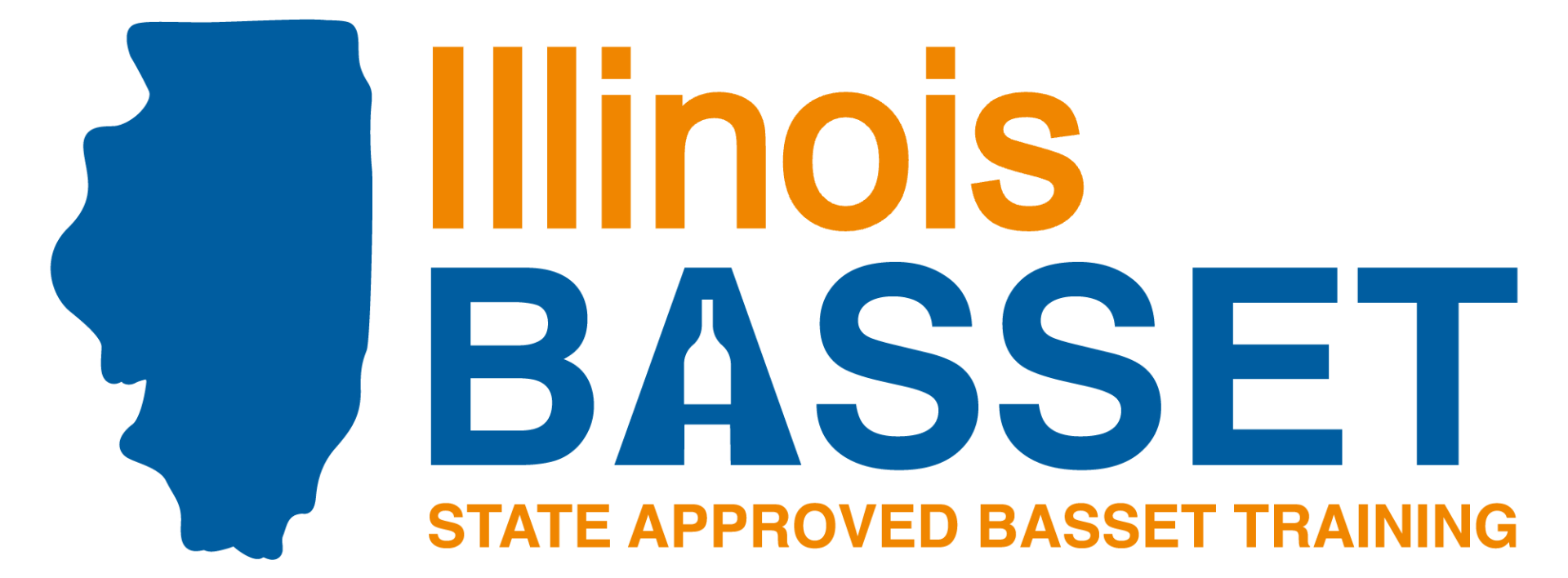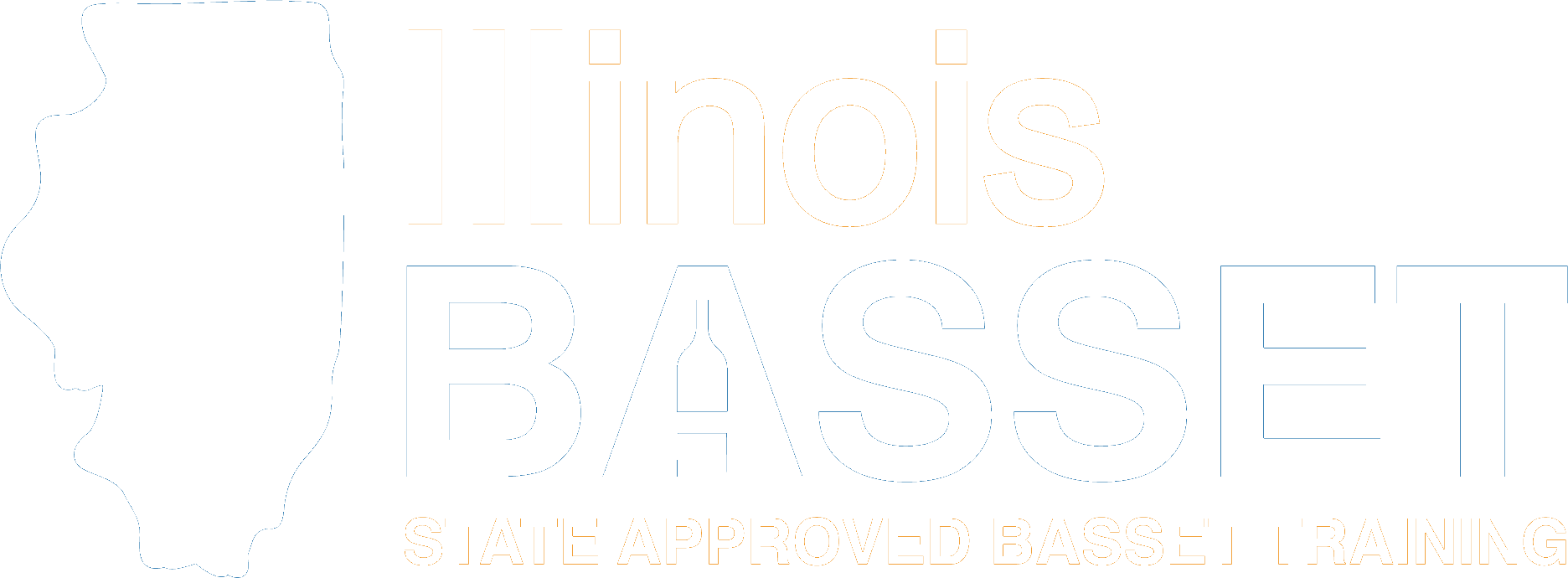5 points
1. Recognizing Signs of Intoxication
The first step in handling drunk customers is to recognize the signs of intoxication. These signs include slurred speech, impaired motor skills, aggressive behavior, and an inability to maintain eye contact. By law, you must refuse service to visibly intoxicated customers. It is also recommended to offer alternative non-alcoholic beverages or snacks to help them sober up.
2. Refusing Service Responsibly
Legally, you are required to refuse service to customers who are visibly intoxicated. Politely but firmly inform the customer that you cannot serve them any more alcohol. Offer alternative non-alcoholic beverages or snacks as a responsible measure. It's also recommended to document the refusal of service and notify a manager or supervisor.
3. Handling Aggressive Behavior
BASSET training emphasizes the importance of defusing confrontational situations without escalating them. By law, you should never tolerate aggressive behavior. Maintain a calm demeanor, use open body language, and call for assistance from security or a manager when necessary. It is also advisable to document any incidents and report them to your superiors.
4. Preventing Overconsumption
While it may not be a legal requirement in all jurisdictions, BASSET training promotes responsible alcohol service by encouraging you to monitor the consumption of your customers. Keep track of how much they've had to drink and consider offering water between alcoholic beverages as a recommended practice.
5. Know the Law
Understanding the legal implications of serving alcohol is vital. BASSET training covers the specific laws and regulations related to alcohol service in your state. This knowledge will help you make informed decisions and avoid legal trouble.


